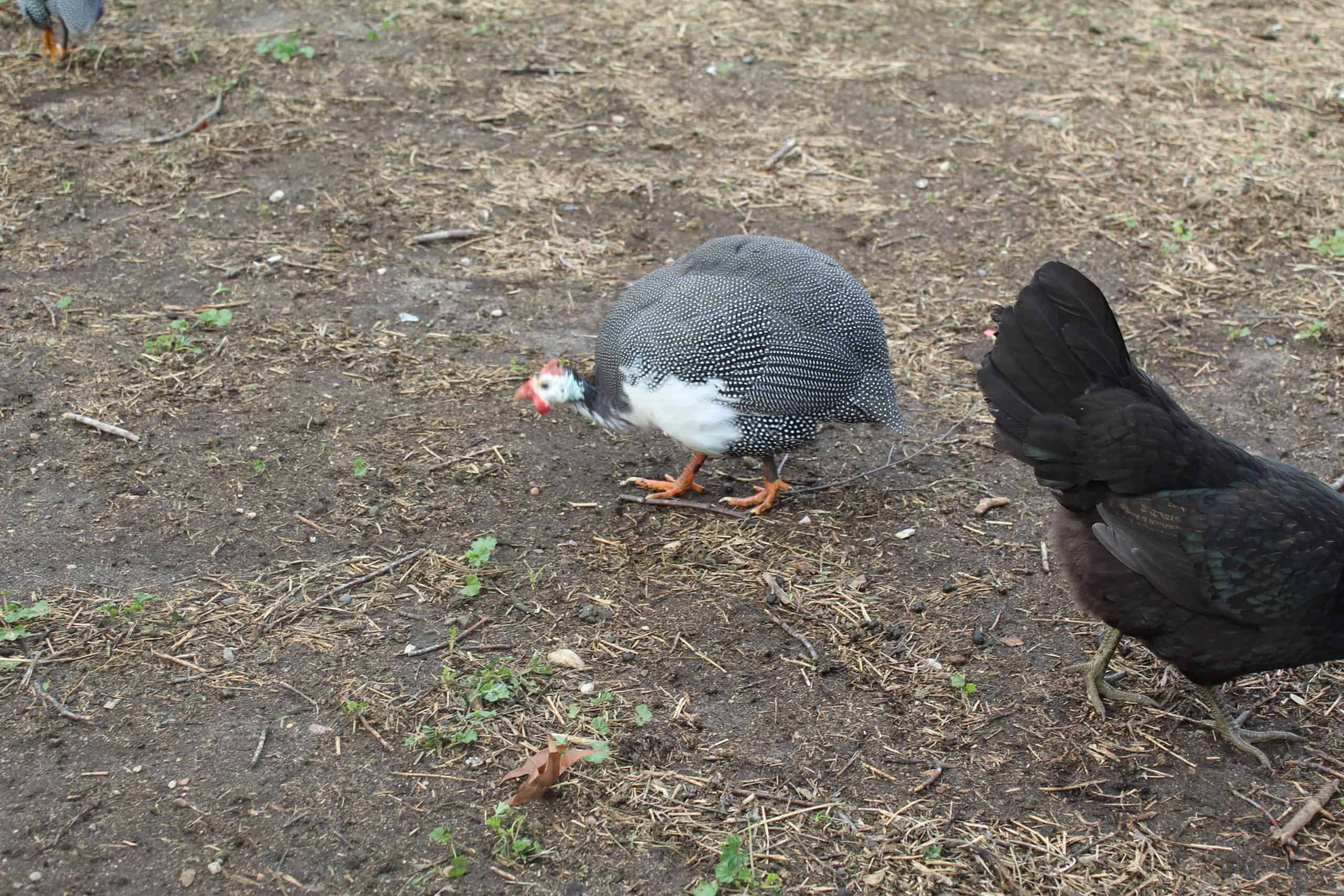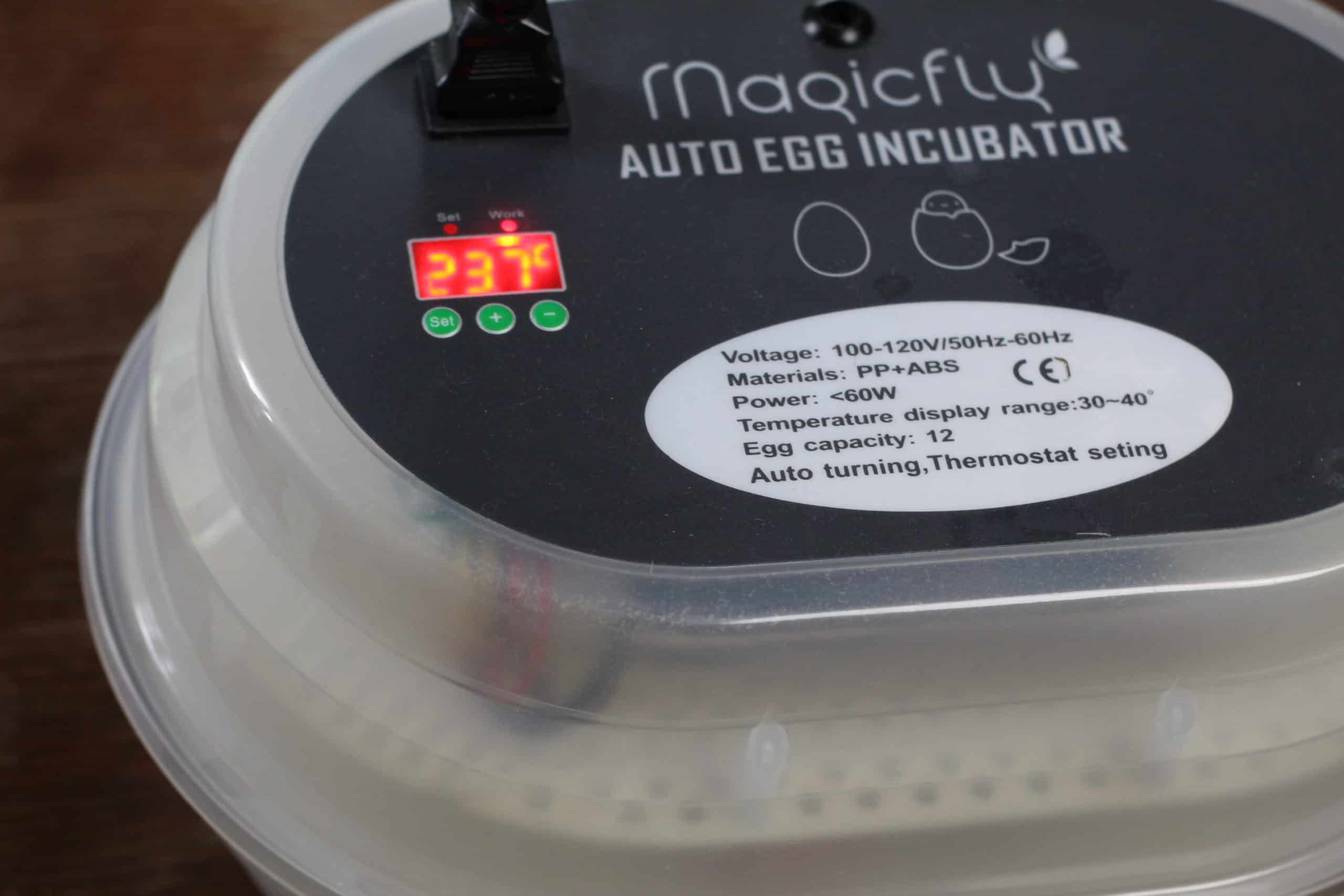How to Order Chicks
Ordering your first chicks can be an exciting and somewhat intimidating endeavor. This guide will help you order chicks with confidence!
Why Chickens?
Chickens are an excellent addition to any homestead or even backyard. They don’t require too much space, they can be fun companions, entertaining to watch, and bug catchers. Chickens of course provide wonderful eggs, meat, and if you have a rooster around, more chickens.
Where do I order chicks?
Depending on where you live, chicks are typically available to purchase at your local farm supply store from March-May. This can be an easy no-stress way to get your first chickens. Your options will probably be limited to all females in popular layer breeds.
Another option that we utilize at our farm is ordering them through a catalog. There are several companies who sell poultry online. Two of the most popular are Hoover’s Hatchery and Murray McMurray. We get a catalog from both of these outfits every year. You can browse their options on their website but I find it is more exciting to flip through a catalog and dog-ear pages. You can request a free catalog on their websites.
It might worth doing a little Googling to see if there is a local hatchery near you rather than ordering chicks online.
How do they get here?
When you order chicks from a catalog, they are shipped through the good ol’ United States Postal Service. Once you order your chicks, it is a courtesy to call your local post office and let them know what date your chicks are expected to arrive. The post office will then call you, usually bright and early, when your chicks are ready to be picked up. Some post offices might deliver them to your house but this isn’t ideal. Chicks have already made quite the journey and several more hours bouncing around in a mail car isn’t great for their well being.
What type of chicken should I get?
There are well over one hundred types of chickens available to you through online catalogs so it can be a little overwhelming to decide what breed of chicken to get. Here are a few things to consider:
- What do I want this chicken for? Chickens will typically be for meat, eggs, or “ornamental” which means they don’t produce much but they sure look cool. If you can’t decide, there are some breeds that are multi-purpose.
- What is my climate? Up here in Minnesota we only keep cold hardy breeds. If we were to add chickens to our flock not suited for colder temperatures, keeping them happy and healthy would always be a struggle. Make sure the chickens you order are suited to your climate.
- Where is this chicken going to live? Backyard coop? Free range? Some breeds to do well in a free range environment where they can forage. These chickens are scrappy and smart, having a high drive to look for their own food and a better awareness of predators. Other breeds might be fat and sassy and prefer a life of leisure in an enclosed coop. Additionally, some chickens are more vocal than others. If you are in a city situation your neighbors might not appreciate a yodeling chicken at all hours. *Note: I have yet to hear chickens yodel but please send video if yours do.*
- How many eggs do I want? A typical layer will give you 240-280 eggs per year. An ornamental breed will give you 100-180 depending on the breed.
- What kind of eggs do I want? Eggs come in many gorgeous colors from white, cream, light brown, chocolate brown, bright blue, olive green, etc. They also come in different sizes from small to jumbo.
- Is this chicken cranky or friendly? Temperament is important when choosing your chickens, especially if you have little ones running around. Do you want a chicken who will scare the barn cats? Or one who will ride around on your shoulder? Nature vs. nurture certainly comes into play here, but even with regular handling you’ll have an easier time raising a friendly flock if you start with gentle birds.
- Do you want to hatch your own eggs? There are few things cuter than a mama hen running around the farm with a line of baby chicks following behind her. Some breeds are “broody”, meaning they will want to sit on eggs to hatch them out. If you have a rooster and a broody hen you can hatch your own chicks easily. If you don’t want to hatch your own chicks, broody hens aren’t ideal as they’ll spend all day sitting in the nest box and won’t lay any eggs until they get over their baby fever.
- What is your budget? Chicks can run anywhere from $3 a bird to $15+. Most of your females in standard breeds will be around $4-5 each.
These are the main considerations you want to make when deciding which chicks to order. Murray McMurray has a great feature in their catalog that utilizes icons to help you quickly identify some of these qualities.
Learn to speak chicken.
As you look through your poultry options there will be some terms that might be new to you. Here are a few you’ll want to know before you order chicks.
- Sexed – Sorted out male and female
- Sex-Linked – You’ll be able to tell by the color of the chicks which are male and which are female.
- Straight Run – A mix of males and females.
- ALBC Priority – American Livestock Breed Conservancy priority. They put out a list each year of breeds at risk of extinction or endangered.
- Bantam – These are smaller chickens, sometimes called “bantys”.
What else do I need to know?
- When can the birds ship? Some breeds may only be available to ship on certain days or months. Keep that in mind when ordering a variety of breeds.
- Some breeds require an order minimum. If you only want one or two birds, you might be out of luck with some breeds that ship a minimum of 20.
- Should I get the chicks vaccinated? Many hatcheries will offer vaccinations at an additional price of around .20 per bird. There are typically two vaccine options you will see: Cocci and Marek’s. Cocci vaccine is for coccidiosis, a nasty intestinal parasite that, once in your soil, typically stays there. If you are planning on feeding medicated feed you might not need it. If you are planning on organic feed this vaccine might be a good choice for you. Marek’s is a virus that is typically fatal for chickens. It can carry in the air from other farms/chickens and it is hard to eradicate it from your property if it has been there. The choice to vaccinate is one you should do additional research on. I will say we choose to have our chicks vaccinated for both.
- Pullorum Testing: Your chicks will come with paperwork showing where they were hatched and that their parents were tested for pullorum typhoid diseases. You’ll want to keep this paperwork on hand, especially if you or your children plan to show your chickens at a county fair or 4-H show.
Ordering your first chicks may seem daunting, but after reading this post you have all you need to order your first chicks with confidence.
Download your Chick Order Checklist
If you’re like me and appreciate a good checklist, sign up here for a handy tool to help you pick the right chicks.
[mailerlite_form form_id=3]Pin it for later!







